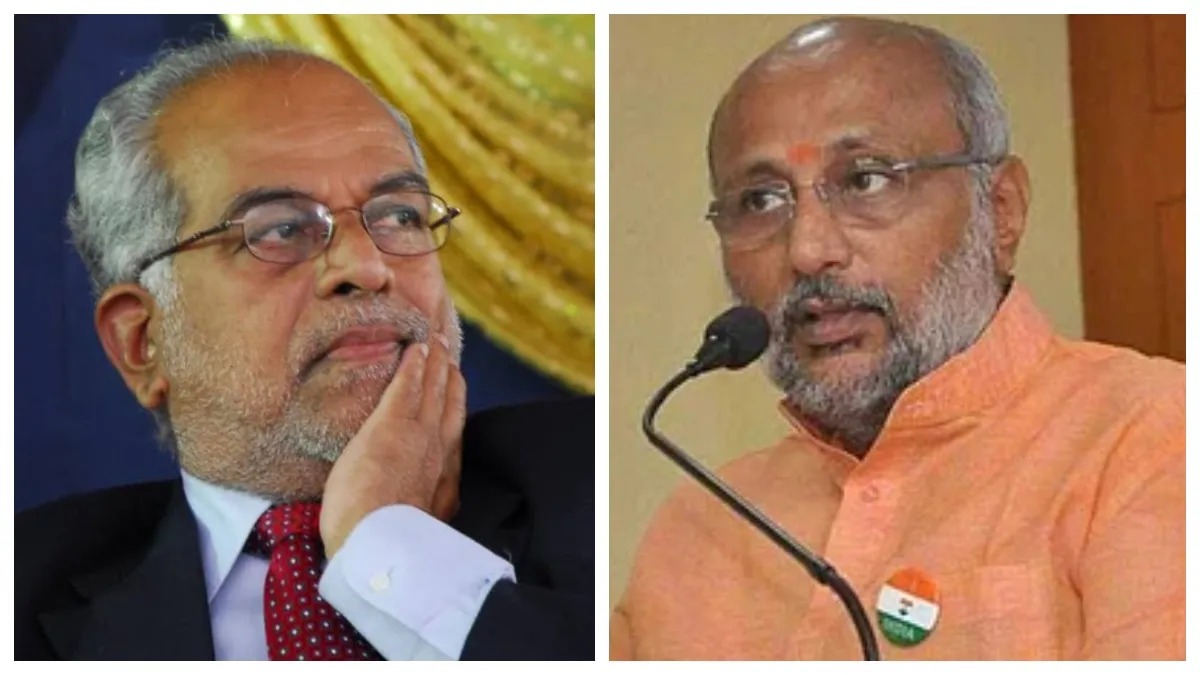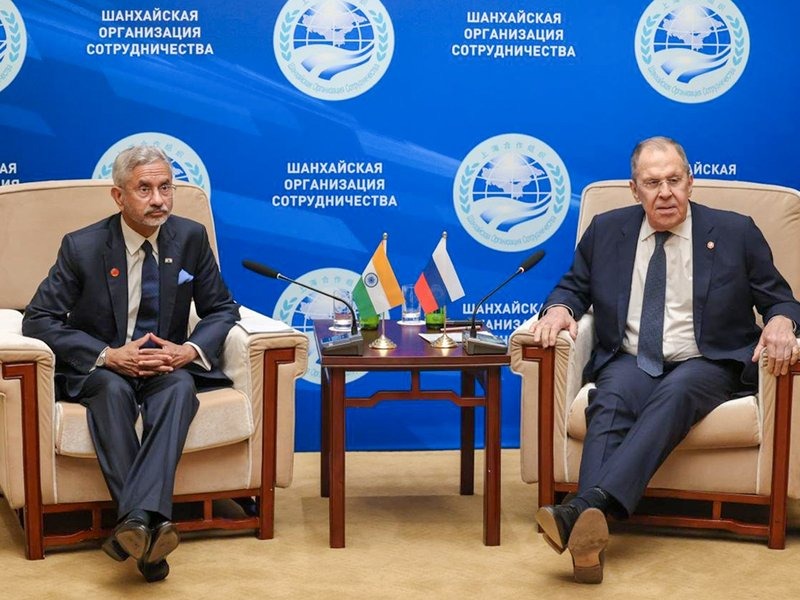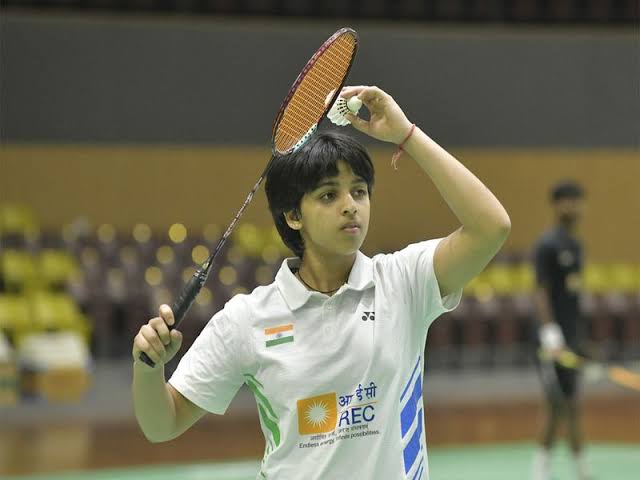
Follow WOWNEWS 24x7 on:

In a strategic and symbolic move, the INDIA bloc has nominated retired Supreme Court judge B Sudershan Reddy as its candidate for the upcoming Vice Presidential election, scheduled for September 9, 2025. The announcement was made on August 19 by Congress president Mallikarjun Kharge, following a consensus meeting of opposition leaders at 10 Rajaji Marg. Reddy will contest against the National Democratic Alliance’s nominee, CP Radhakrishnan, the current Governor of Maharashtra.
The nomination of a non-political figure underscores the opposition’s intent to frame the election as an ideological battle, emphasizing constitutional values and democratic integrity over partisan politics.
Key Highlights from the Announcement
- B Sudershan Reddy, former Supreme Court judge, named INDIA bloc’s Vice Presidential candidate
- Election to be held on September 9, with results declared the same day
- CP Radhakrishnan, NDA’s nominee, holds numerical advantage in the 781-member electoral college
- INDIA bloc aims to spotlight constitutional commitment by fielding a jurist over a career politician
- Aam Aadmi Party, TMC, NCP-SP, and other allies endorse Reddy’s candidacy
Profile of Sudershan Reddy
Born on July 8, 1946, in Akula Mylaram village of present-day Ranga Reddy district, Andhra Pradesh, B Sudershan Reddy comes from an agricultural background. He earned his law degree from Osmania University and enrolled as an advocate with the Bar Council of Andhra Pradesh in December 1971.
His legal career spans over four decades, marked by a steady rise through India’s judicial ranks:
- Practiced in writ and civil matters at the Andhra Pradesh High Court
- Served as Government Pleader from 1988 to 1990
- Briefly held the role of Additional Standing Counsel for the Central Government in 1990
- Legal Adviser and Standing Counsel for Osmania University
- Elevated as permanent judge of the Andhra Pradesh High Court in May 1995
- Appointed Chief Justice of the Gauhati High Court in December 2005
- Became a Supreme Court judge in January 2007, retiring in July 2011
- Served as the first Lokayukta of Goa in 2013
Judicial Legacy and Landmark Rulings
Justice Reddy is widely respected for his progressive jurisprudence and unwavering commitment to social justice. His tenure on the Supreme Court bench was marked by several impactful decisions:
- In July 2011, he co-authored a ruling declaring the use of tribal youth as Special Police Officers in anti-Maoist operations unconstitutional, ordering their immediate disarming
- Played a key role in directing the formation of a Special Investigation Team to probe black money held by Indian citizens in foreign banks, criticizing government inaction
Political Implications and Strategic Messaging
The INDIA bloc’s decision to nominate Reddy is a calculated effort to shift the narrative of the Vice Presidential election. By choosing a jurist with no political affiliations, the alliance seeks to highlight its commitment to constitutional values, judicial independence, and democratic accountability.
The move also serves as a counterpoint to the NDA’s pick, CP Radhakrishnan, a seasoned BJP leader with deep political roots. While the NDA holds a clear numerical edge in Parliament, the INDIA bloc’s campaign is expected to focus on moral positioning and institutional integrity.
Electoral Dynamics and Voting Process
The Vice President of India is elected by an electoral college comprising all members of both Houses of Parliament, using a proportional representation system via single transferable vote. With 424 members, the NDA is poised to secure a comfortable win, but the INDIA bloc’s challenge is designed to be symbolic and ideological.
Looking Ahead
As the September 9 election approaches, Sudershan Reddy’s candidacy is likely to energize debates around the role of constitutional offices, judicial independence, and the politicization of institutional appointments. Regardless of the outcome, the INDIA bloc’s choice signals a renewed emphasis on values-driven leadership in India’s democratic framework.
Sources: Free Press Journal, India Today, MSN News, Business Today, Moneycontrol, India TV News.





